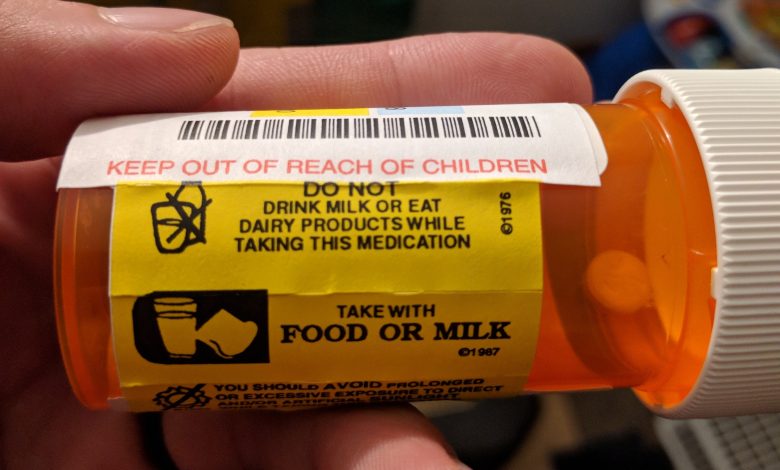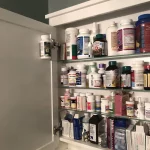Medication Safety for Children: Tips for Parents and Caregivers

Children are often prescribed medications to treat illnesses and conditions, but medication safety for children is a critical concern for parents and caregivers. According to a study published in the Journal of the American Medical Association, children under the age of 12 take an average of 2.2 prescription medications per year. However, this number can vary widely depending on the child’s medical needs.
For children with chronic medical conditions, such as asthma or diabetes, the amount of medication prescribed may be much higher. These children may need daily medications to manage their conditions, as well as additional medications for acute symptoms or flare-ups. Ensuring that children take medications safely and appropriately can help prevent adverse reactions and even serious harm.
Here are some tips for parents and caregivers to ensure medication safety for children.
1. Follow Dosage Instructions Carefully
When giving medications to children, it’s essential to follow the dosage instructions carefully. Use the correct measuring tool and measure the correct amount of medication. Never guess at the dosage, as this can lead to under- or overdosing, which can be dangerous. It’s also essential to check the instructions for how often the medication should be given, whether it should be taken with food, and if there are any other specific instructions to follow.
2. Keep Medications Out of Reach
Children are naturally curious, so it’s crucial to store all medications out of reach of children to prevent accidental ingestion. Keep medications in a locked cabinet or other secure location where children cannot access them.
3. Store Medications Safely
Medications should be stored in a cool, dry place and out of direct sunlight. Some medications may require refrigeration, so be sure to follow storage instructions carefully. Keep medications in their original packaging with the label intact to ensure that you can quickly identify the medication.
4. Check for Allergies
Before giving your child any new medication, it’s essential to check for any allergies. This includes both known allergies and any family history of allergies. If your child has an allergy to a particular medication, make sure that your child’s healthcare provider is aware of it.
5. Communicate with Healthcare Providers
It’s crucial to communicate with your child’s healthcare provider about any medications your child is taking, including over-the-counter medications and supplements. Be sure to inform the healthcare provider of any medical conditions, allergies, or other medications your child is taking to avoid potential interactions.
6. Be Mindful of Interactions
Some medications may interact with other medications, supplements, or foods, so it’s essential to check with your healthcare provider before giving your child any new medication. This includes prescription and over-the-counter medications. Your healthcare provider can advise you on any potential interactions and whether the medication is safe to use in combination with other medications.
7. Dispose of Medications Properly
Disposing of medications properly is critical for medication safety. Unused medications should be disposed of properly by following proper disposal instructions, which may include returning medications to a pharmacy or using a drug take-back program. Never flush medications down the toilet or throw them in the trash, as this can harm the environment and potentially harm others who come into contact with them.
Dos and Don’ts for Medication Safety for Children
Dos:
1. Follow dosage instructions carefully.
2. Keep medications out of reach of children.
3. Store medications safely.
4. Check for allergies.
5. Communicate with healthcare providers.
6. Be mindful of interactions.
7. Dispose of medications properly.
Don’ts:
1. Don’t give adult medications to children.
2. Don’t use outdated medications.
3. Don’t crush or chew medications.
4. Don’t mix medications with food or drink.
5. Don’t share medications.
Conclusion
Medication safety for children is a critical concern for parents and caregivers. By following these tips for medication safety, parents and caregivers can ensure that children take medications safely and appropriately. It’s essential to communicate with healthcare providers, store medications safely, and dispose of medications properly to prevent adverse reactions and even serious harm. If you have any concerns or questions about medication safety, be sure to talk to your child’s healthcare provider.





